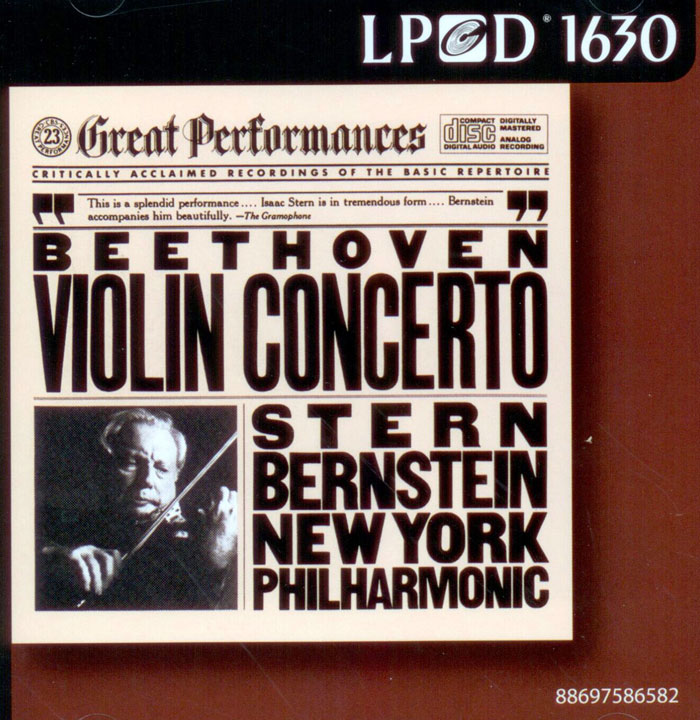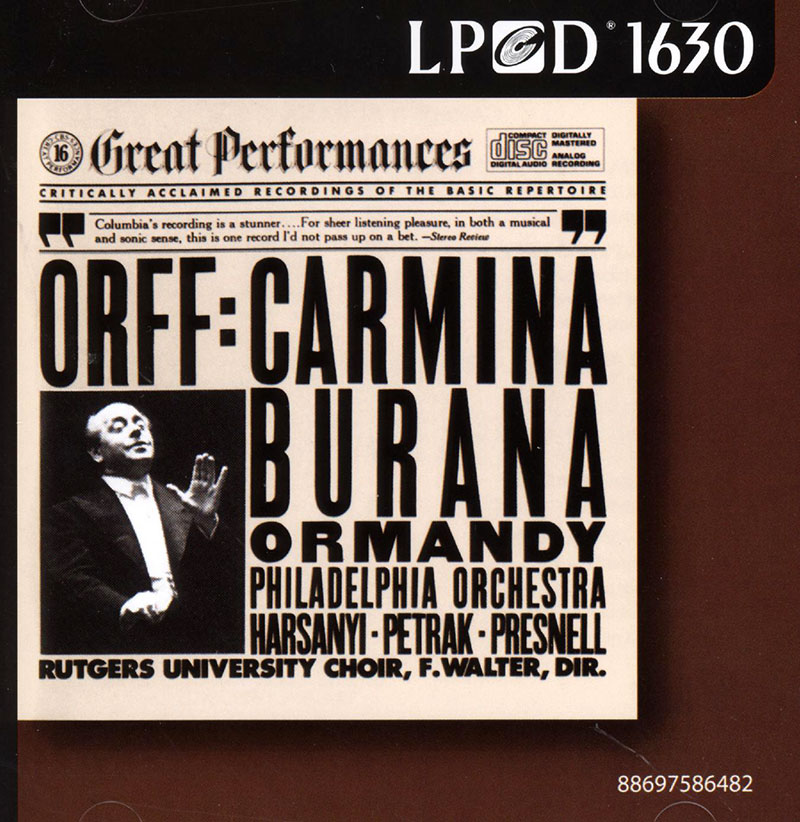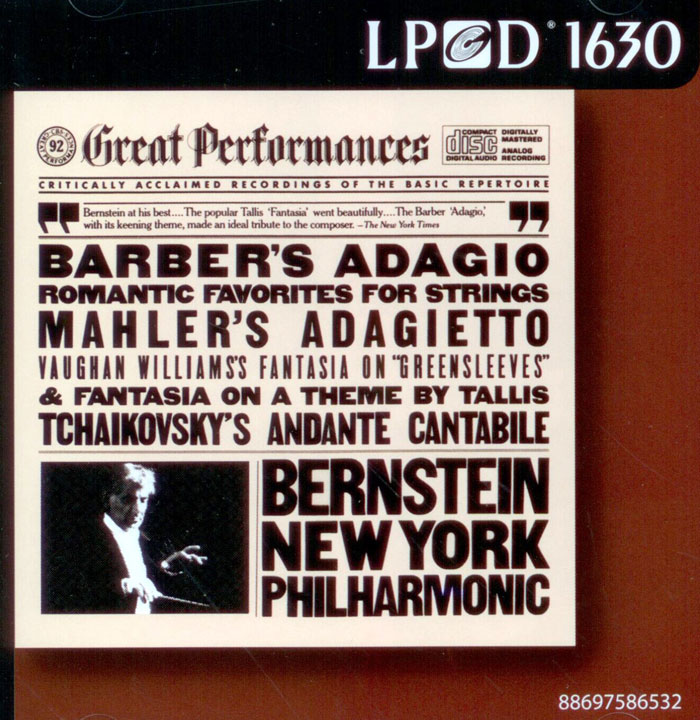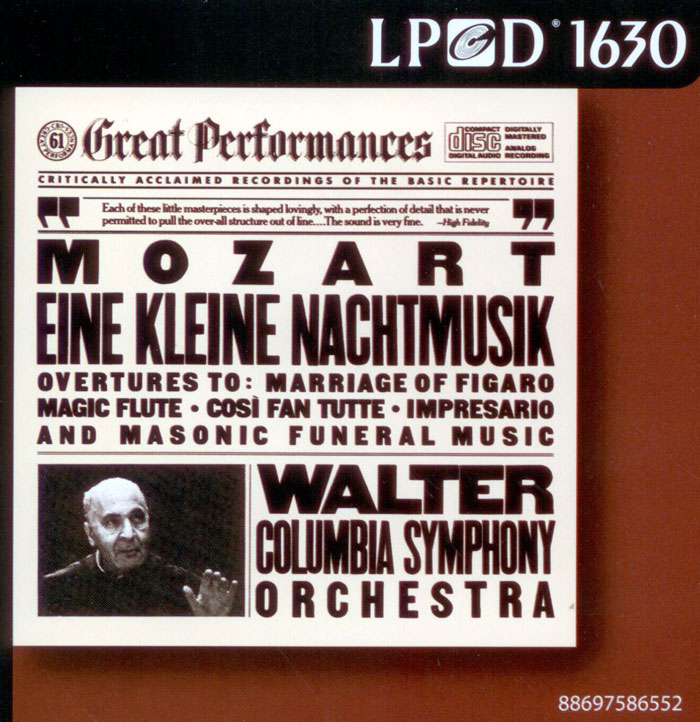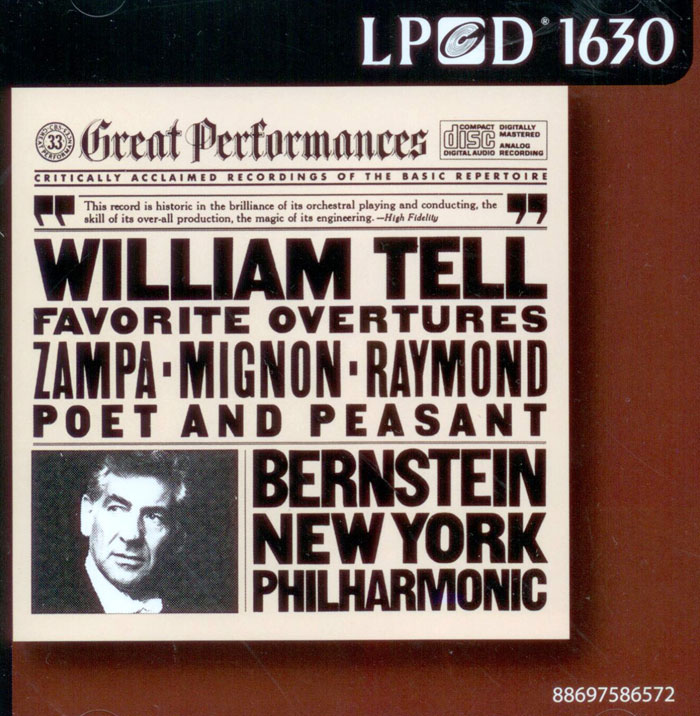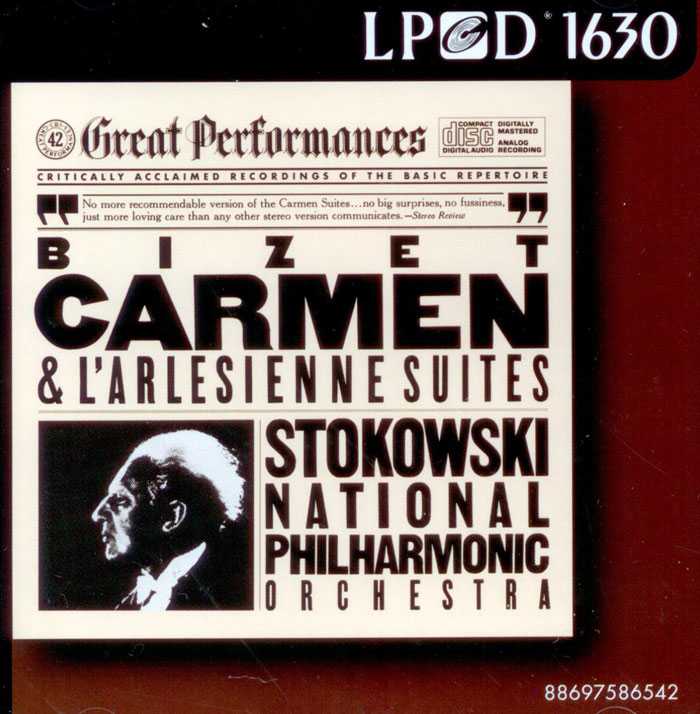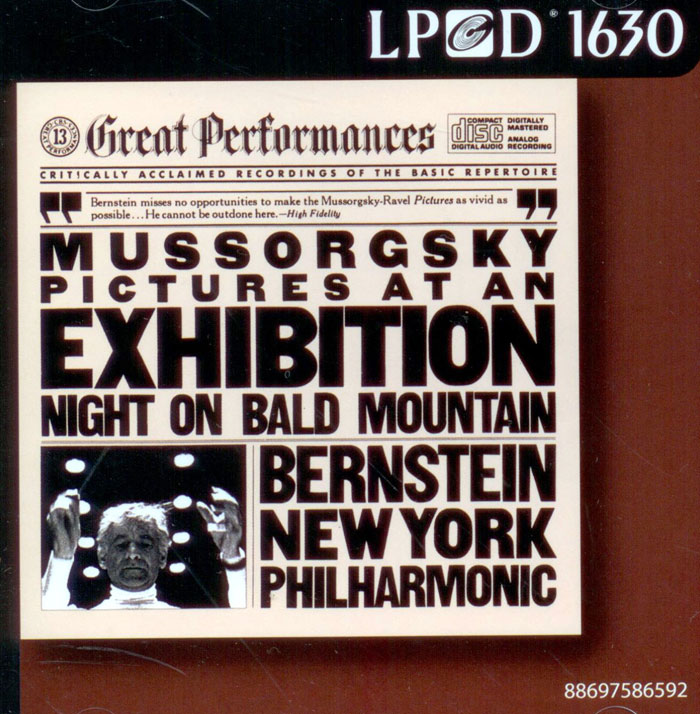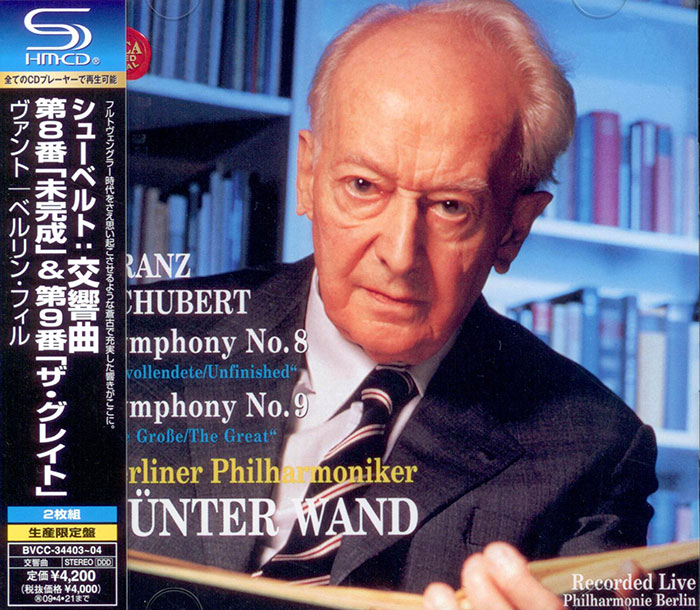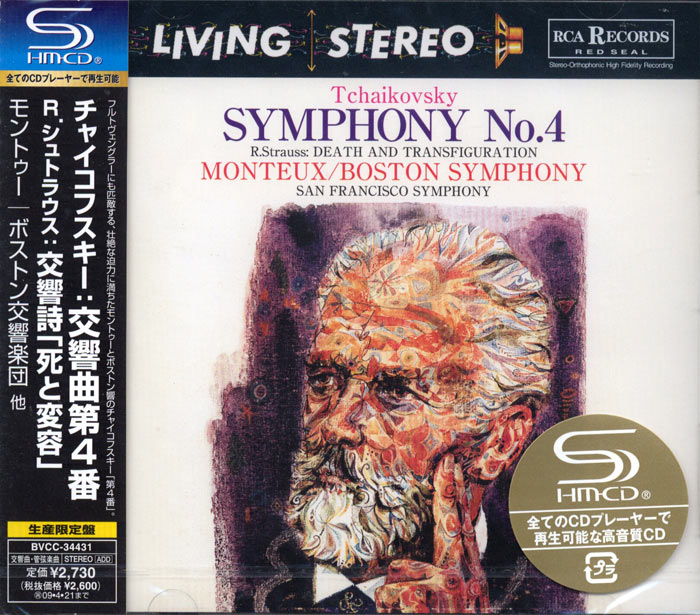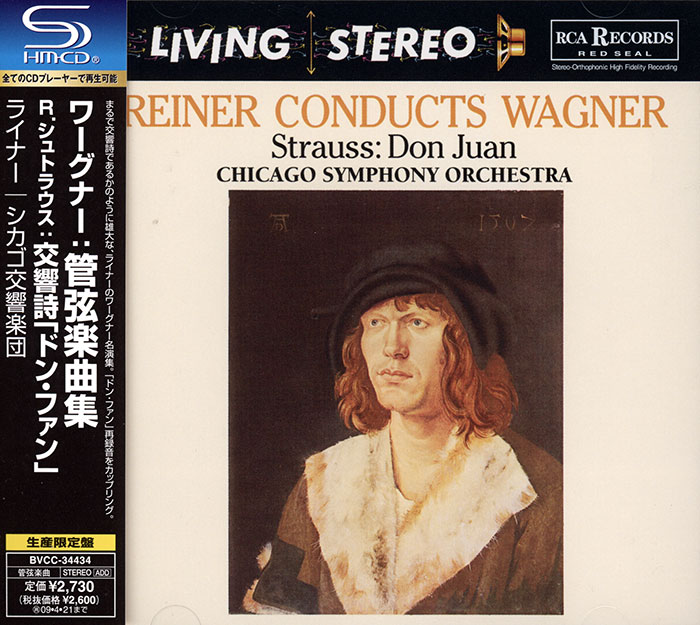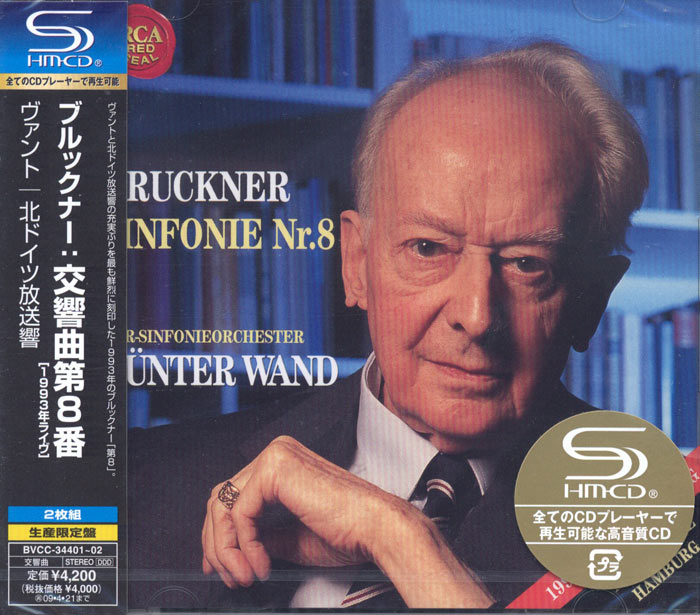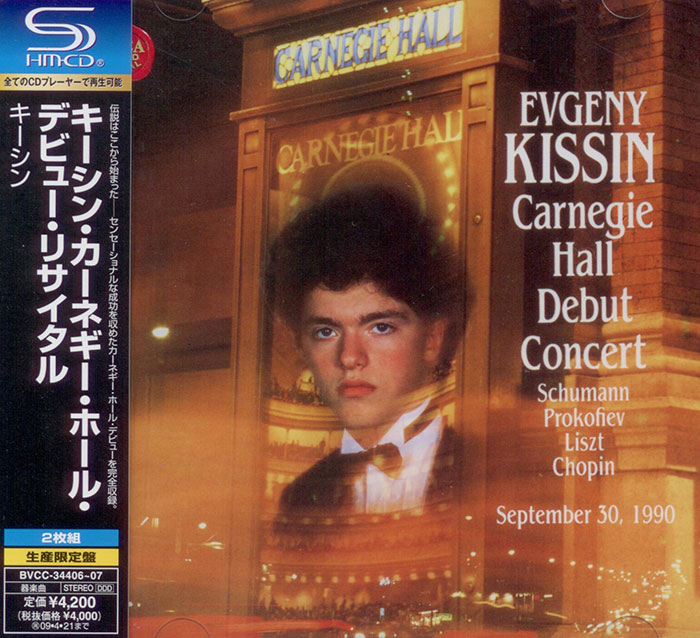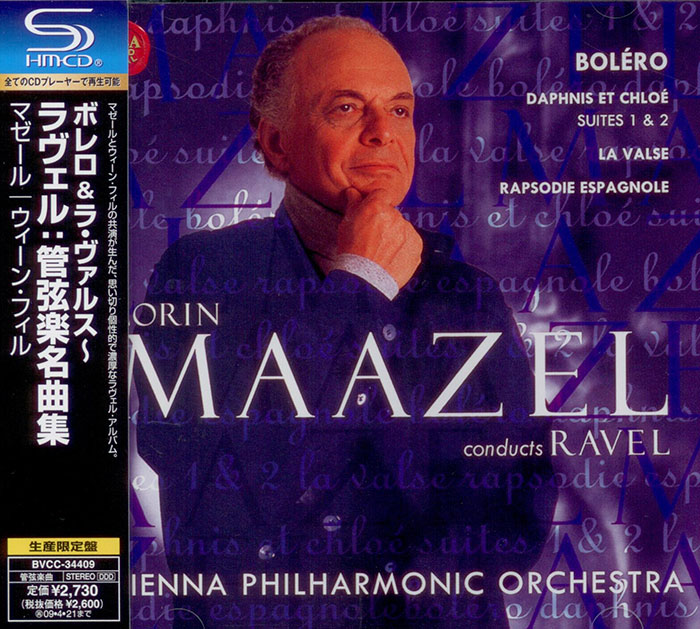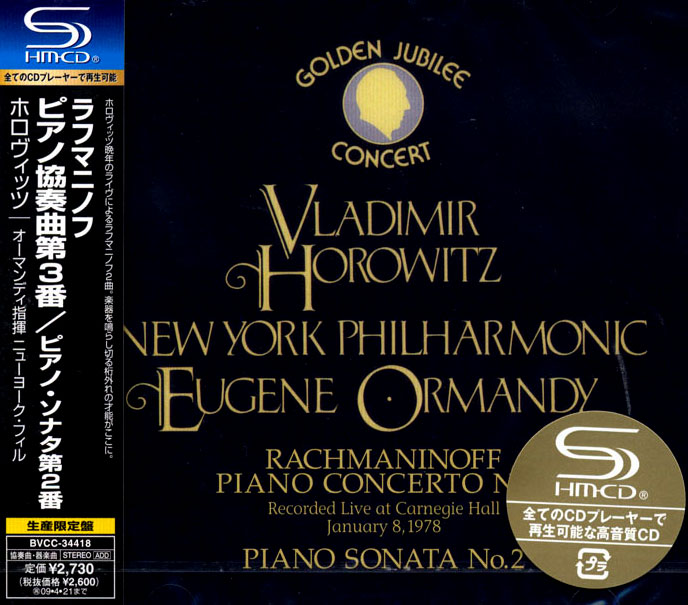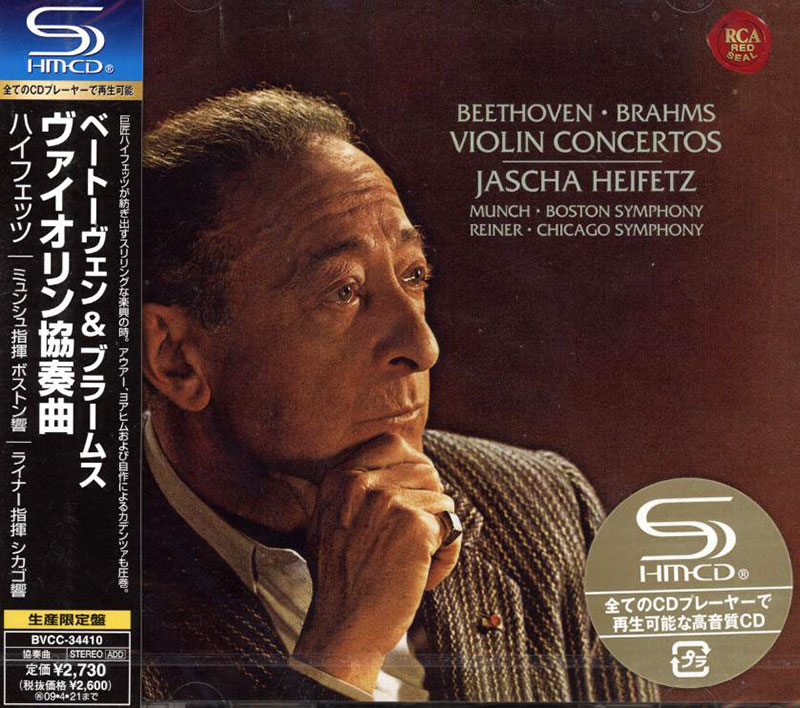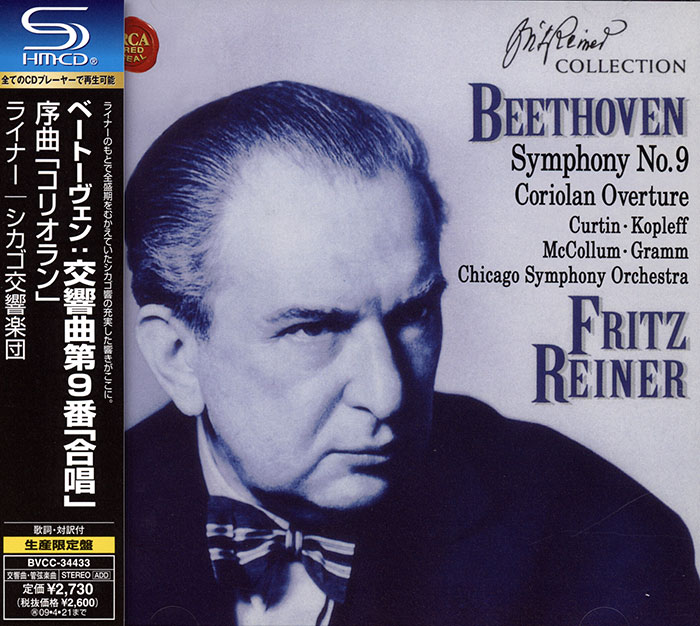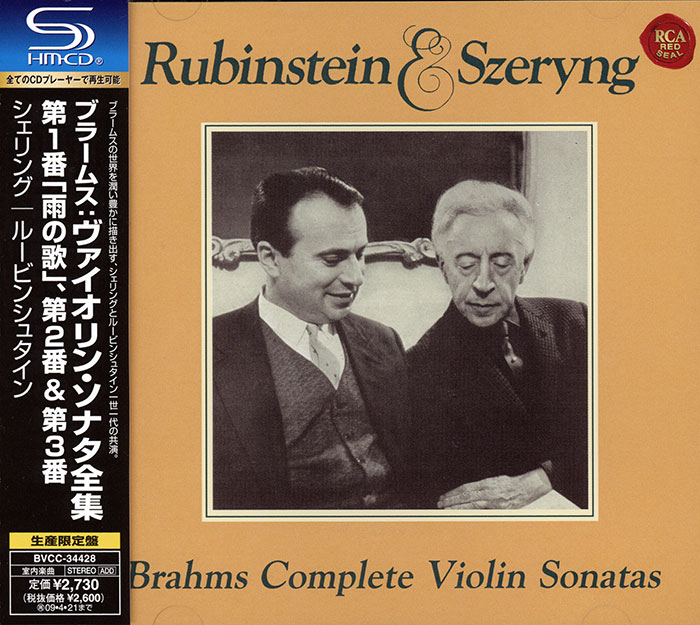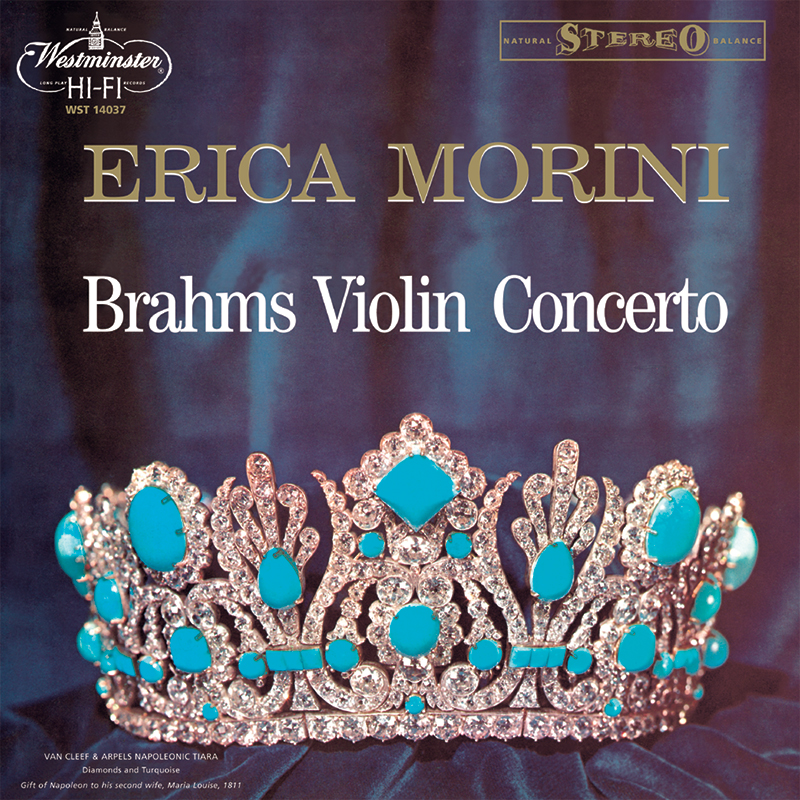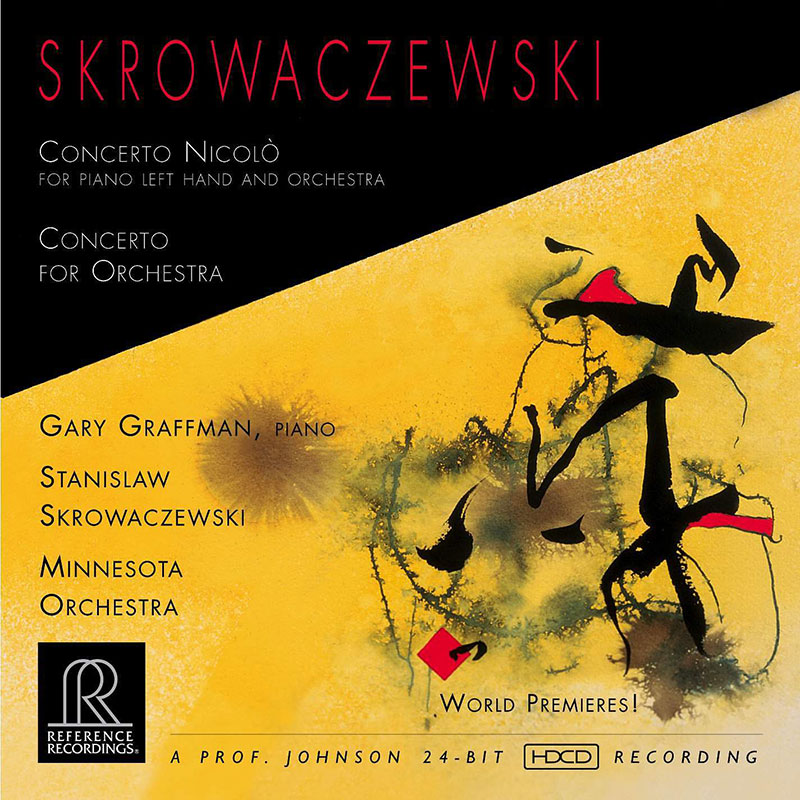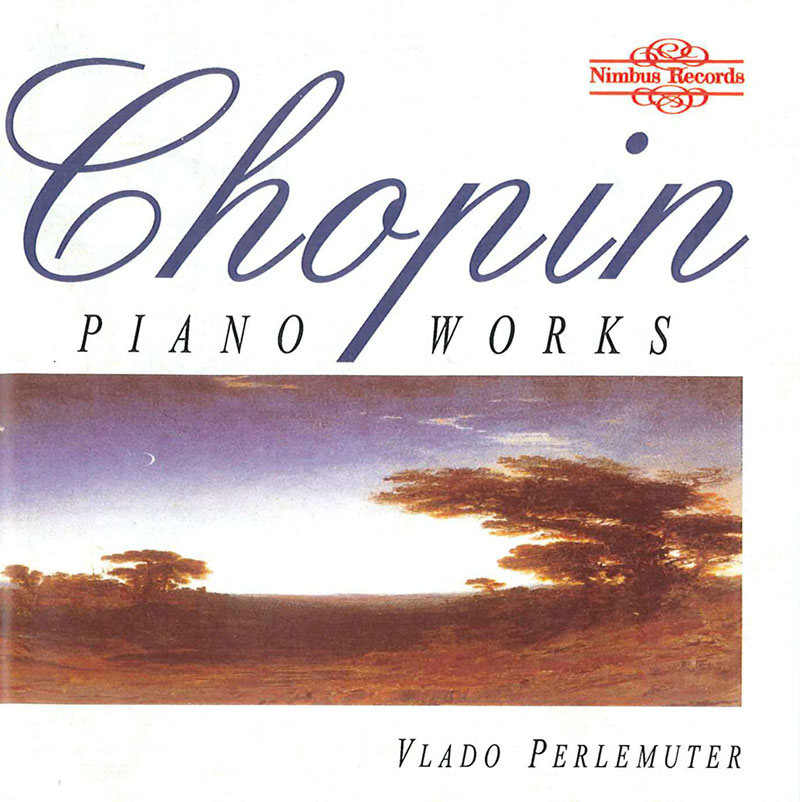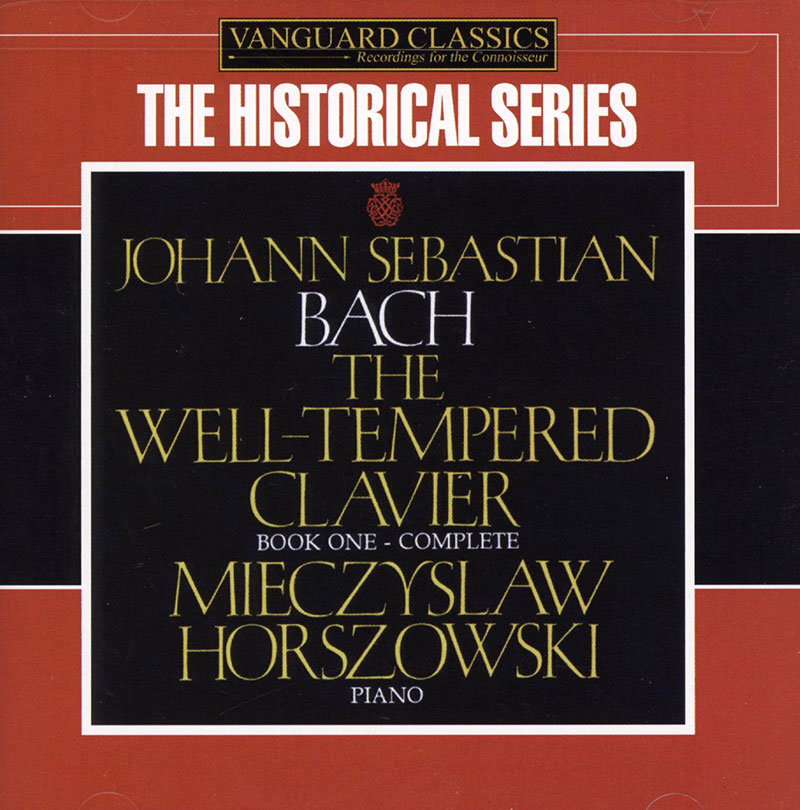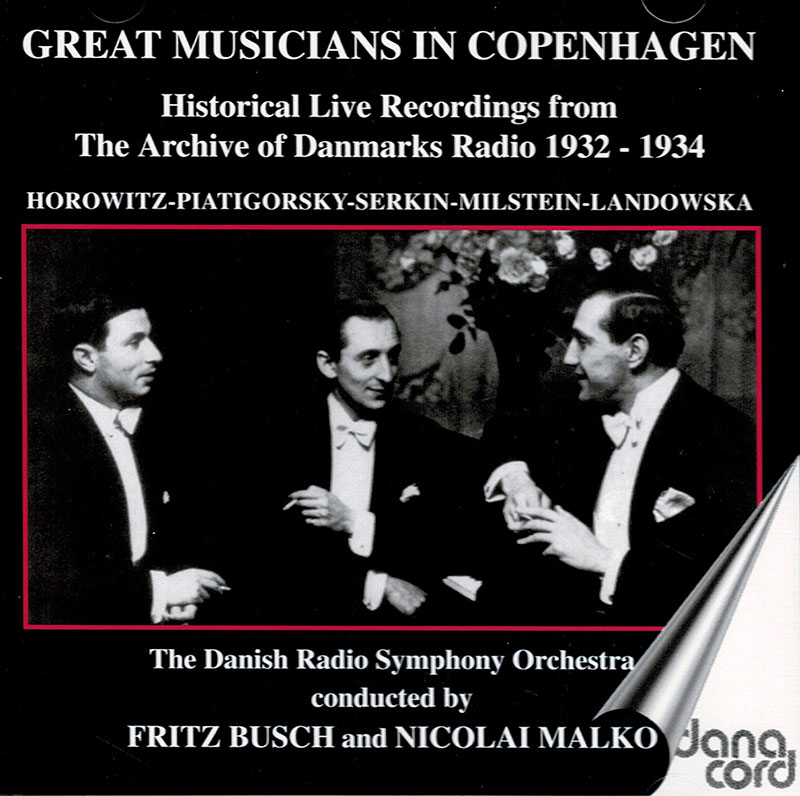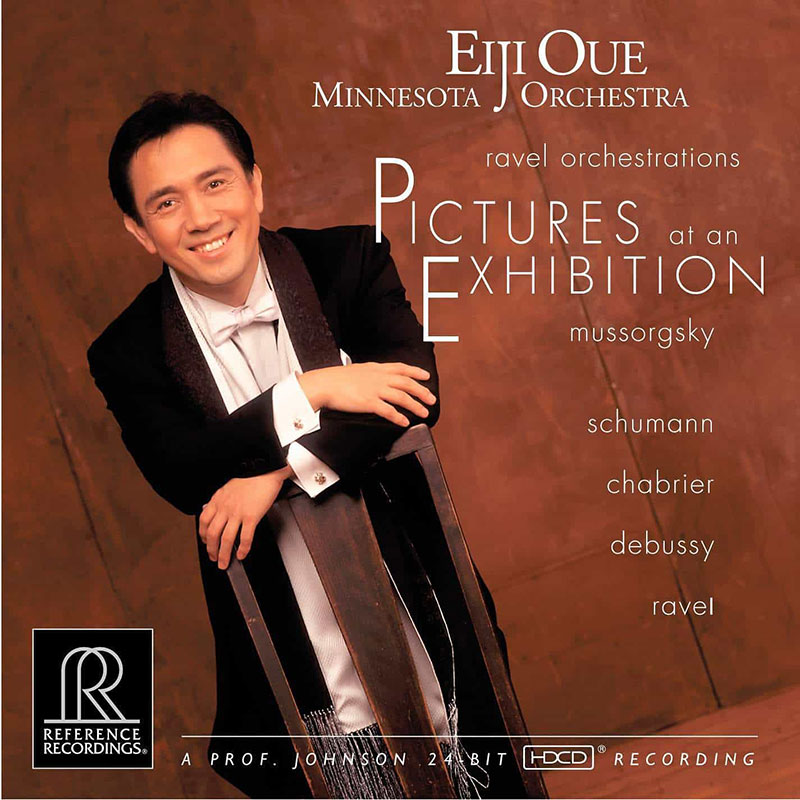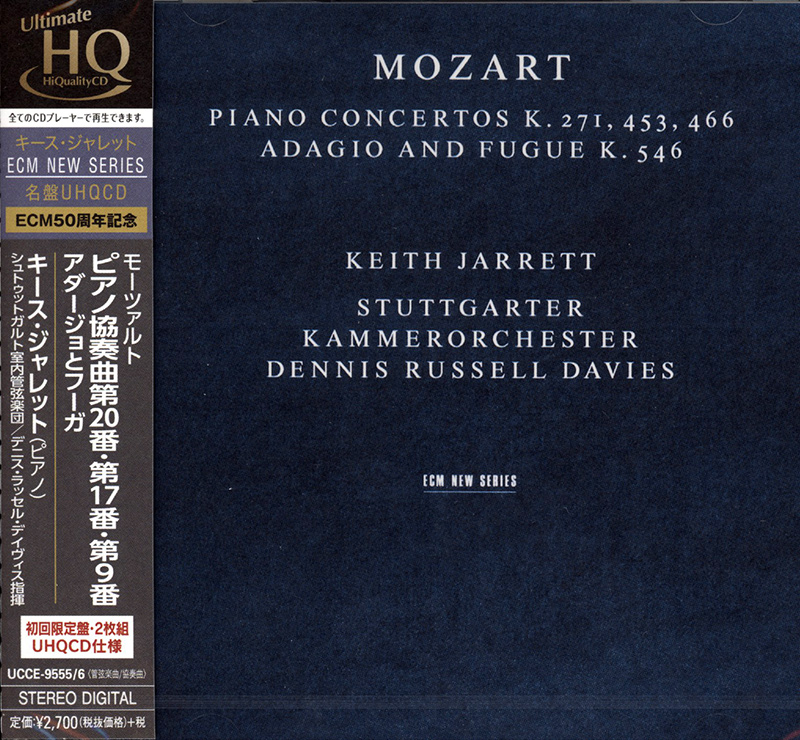Logowanie
Dlaczego wszystkjie inne nie brzmią tak jak te?
ENCYKLOPEDIA arcydzieł
SCHUMANN, PROKOFIEV, LISZT, CHOPIN, Evgeny Kissin
Carnegie Hall Debut Concert - September 30, 1990
Jeden z najbardziej spektakularnych debiutów ostatniego półwiecza!
Winylowy niezbędnik
ClearAudio
Cartridge Alignment Gauge - uniwersalny przyrząd do ustawiania geometrii wkładki i ramienia
Jedyny na rynku, tak wszechstronny i właściwy do każdego typu gramofonu!
ClearAudio
Harmo-nicer - nie tylko mata gramofonowa
Najlepsze rozwiązania leżą tuż obok
IDEALNA MATA ANTYPOŚLIZGOWA I ANTYWIBRACYJNA.
Osobowości
SKROWACZEWSKI, Stanislaw Skrowaczewski, Minnesota Orchestra
Concerto Nicolo for piano left hand and orchestra
WORLD PREMIERE!
MOZART, Elisabeth Schwarzkopf, Sesto Bruscantini, Herbert von Karajan, The Philharmonia Orchestra
Cosi Fan Tutte
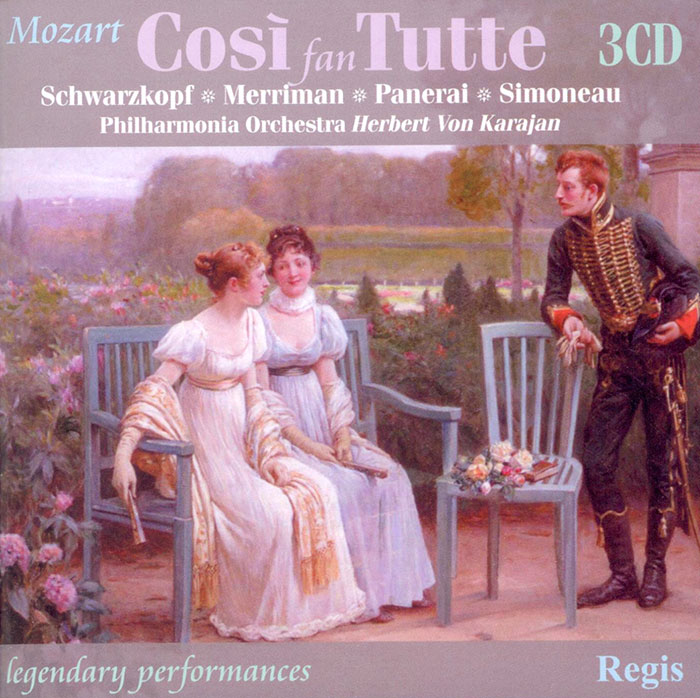
Listening to this set again after a few years and several subsequent "authentic" recordings of the opera is a revelation: Karajan's entire sense of the work, at least at this point in his career, was very much in line with the so-called "purists'" approach to which we've since become accustomed. Tempos are fleet in the recitatives as well as the musical numbers, attacks are swift, inner lines--especially the low strings and woodwinds--are emphasized, and despite the precision, there is nothing precious about his reading. And the singers are near-ideal. Elisabeth Schwarzkopf "gets" Fiordiligi, and because she had not yet begun over-emphasizing every word and note she encountered, the character's melodramatic approach to life is all the more telling. As Dorabella, Nan Merriman is almost as good, and her dark sound, so unlike the sunny, 1954 Schwarzkopf, blends well. I doubt that Ferrando ever will be sung as elegantly or with as much feeling--all of it in good taste--as by Leopold Simoneau, and Rolando Panerai changes nicely from happy-go-lucky to poised-to-kill. Sesto Bruscantini is a terrifically wry Alfonso and Lisa Otto's Despina is old-fashioned perky--not a favorite attitude for me, but impressive nonetheless. Only the little first act duet for the guys and Ferrando's "Ah, lo veggio" are cut, in addition to lots of recitative (no argument from me). The sound is a bit boxy, but the playing of the Philharmonia forces shines anyway. This set is one for the ages. --Robert Levine, ClassicsToday.com Reviewing earlier release
